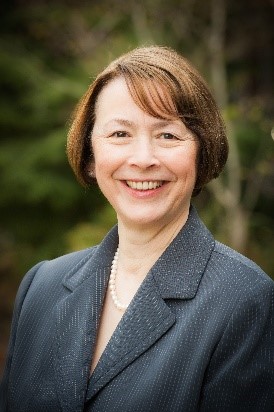Posted • Last updated
Closed
Open to Interior Region, Patient partners from Kootenay Boundary Regional Hospital in Trail and/or Kootenay Lake Hospital in Nelson
Last updated
The Kootenay Boundary Division of Family Practice is seeking input from people who have or have had breast cancer. We want to hear about your experiences of care and where improvements can be made to make navigating the cancer care system easier for future patients. Help us make positive changes by taking part in a 30-minute telephone interview.
Open to: Patient partners from Kootenay Boundary Regional Hospital in Trail and/or Kootenay Lake Hospital in Nelson
Lead Organization or Department
Kootenay Boundary Division of Family PracticeAim
This initiative is part of a Regional Oncology quality improvement project in Kootenay Boundary. The aim is to have patient partners who have had breast cancer share their perspectives in areas such as the amount of information they received or where communication of their treatment plan could have been better.Level of Engagement
This opportunity is at the level of consult on the spectrum of engagement. The promise to you is that the health care partner will listen to and acknowledge your ideas and concerns, and provide feedback on how your input affected the decision.Eligibility
• The patient partner(s) need to have received breast cancer care/treatment at one of the hospitals in Kootenay Boundary: KBRH in Trail and/or KLH in Nelson. • Must have access to a telephone and feel comfortable talking about their experiences with their cancer care.Logistics
• Number of vacancies: 20 • Location, Date, Time and Frequency: - Telephone interviews will be held starting mid September - Interviews will last 30 minutes - This is a one time eventReimbursement
There are no anticipated expenses. The project team will call the patient to eliminate any long-distance charges, if applicable.Background
The Regional Oncology Project is working with Interior Health and the BC Cancer Agency to support the development of a regional team-based approach to cancer care. The focus of the project is to improve communication and coordination between care providers, increase the ease of navigating cancer care and understanding of wait times for patients, and improve patient experience overall. We would like to learn from you, a breast cancer patient, about any challenges you experience regarding your cancer care/treatment and where we can make improvements. The benefits of taking part in this interview is that your responses will help us understand where we can improve the experience for both current and future patients across the region. The risk is that thinking about your cancer care may bring up difficult memories or feelings. Note that the interview is voluntary, and you have the right to refuse to answer any question. After the interview is completed, you may withdraw your answers if you wish to do so, so long as this is prior to any results presentations (approx. two weeks). Results will be presented in aggregate form only, and no identifying information will be used (e.g. name or hospital site). Interview data will be password protected and stored on secure servers in Canada. The Kootenay Boundary Division of Family Practice or Interior Health will not be made aware of or disclose personal information through this survey. Your anonymous data will be shared with healthcare providers in the region, and with organizations or other interested individuals who wish to learn more about this topic.Health Care Partner Contact Information
Carol Stathers
Engagement Leader, Patient and Public Engagement | Interior Region
778.516.3308
cstathers@bcpsqc.ca

